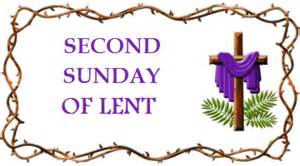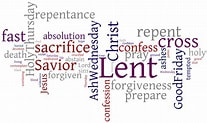"But he was speaking about the temple of his body" (Jn 2: 21). Jesus cleanses the temple in the gospel of today's mass. For the Jews, the temple was the dwelling place for God, where worship of God takes place. The worship in the temple involves the sacrifice of animals in the temple. Sacrificial necessity makes a case for providing animals for sale in designated areas in the temple. Money changers have, however, compromised the purpose of animal markets. The disregard for God and the sacred space is why Jesus, in anger, turns their table and drives them out. The action of Jesus may appear geared towards renewal or reform of the temple worship, but it is deeper than that. There is an underlying meaning here to the action of Jesus.
The disciples of Jesus account for Jesus' aggressive action by seeing him fulfilling the words of the Scriptures that "zeal for your house will consume me" (Ps 69: 10). Jesus wants priority for the true worship of his Father restored. To do this, he refers to himself as the new and definitive place of God's dwelling and worship. In other words, Jesus is the new temple where God's presence is made available. The body of Jesus is the new sanctuary that supplants the old temple. In Jesus is located and indeed is the presence of God. The cleansing of the temple leads to the establishment of a perfect worship of God, which flows from giving primary obligation to God as reflected in the topmost commandments of the Decalogue given to Moses in the first reading from Exodus 20: 1-12. We must bring the same zeal that Jesus had for the proper worship of God to how we prioritize the worship of God in Church and particularly at Mass.
The Mass, the sacrifice of praise and thanksgiving, is the pre-eminent form of worship. In the Eucharistic sacrifice, Jesus "Christ crucified" (1 Cor 1: 23) is the focus of worship. Jesus Christ, our incarnate God, the one who offers the sacrifice and the one who is the sacrifice, is the focus of prayer at mass. All the properties or attributes of the Old Testament temple as the location for divine presence and encounter give way to Christ, the new temple.
The temple cleansing provides us direct access to God because Jesus' body is the new temple. We now have the opportunity for a direct and close relationship with the divine, with the body of Christ. Reflect on these questions: Are we consumed by zeal for the new temple, the body of Christ? How may we give expression to the passion for the worship of God? Should we prioritize offering a sacrifice of praise to Jesus this week at our parish's monthly Eucharistic Adoration on Monday at 6 p.m. and walking the Via Crucis with Jesus at the Stations of the Cross on Friday at 7 p.m.?
In Christ,
Fr. Bernard Alayode, OP





 RSS Feed
RSS Feed